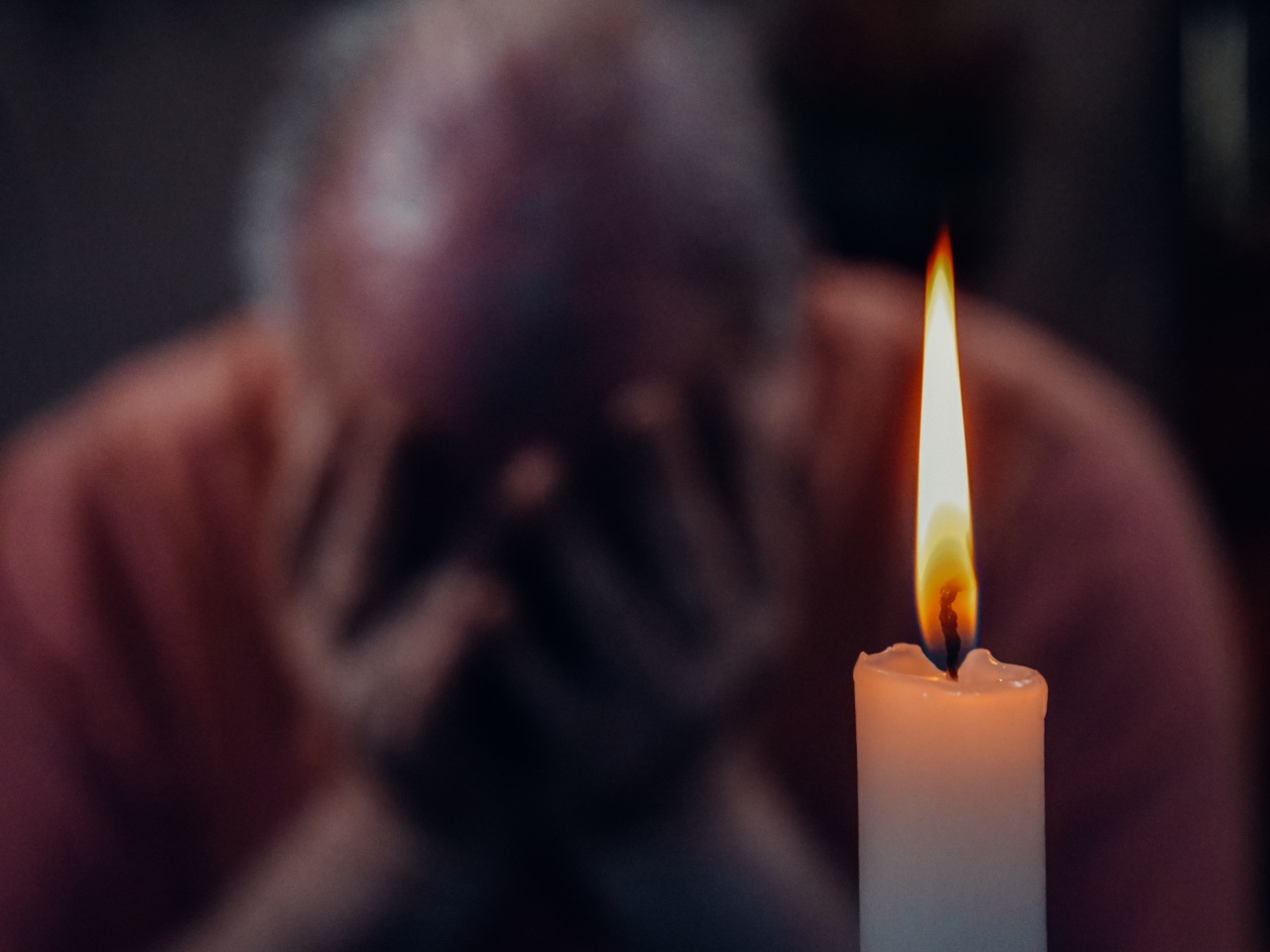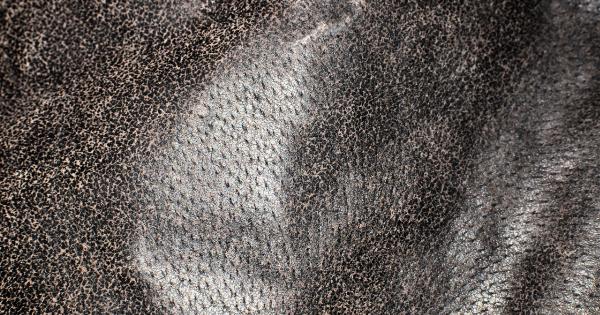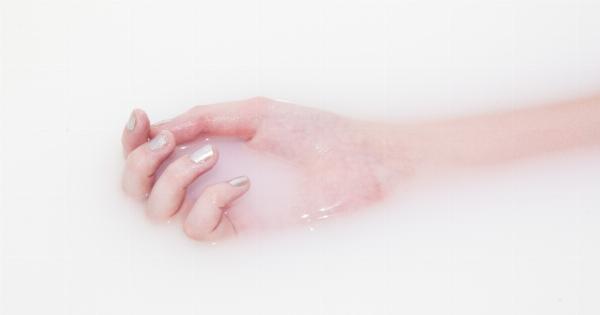For many people, the thought of waxing is enough to make them squirm. The pain associated with pulling out hair can be enough to make anyone want to avoid the process altogether.
However, with the right techniques and tools, waxing can be a relatively painless experience. In this article, we will be sharing some tips on how to wax without pain, giving you the confidence to wax at home or in a salon.
1. Exfoliate beforehand
Exfoliation is the process of removing dead skin cells from the surface of your skin. When you wax, you want to make sure that you’re pulling out hair and not just the dead skin cells that are on top of it.
By exfoliating your skin beforehand, you can ensure that the wax is adhering to the hair and not the skin, making the process less painful. You can use a gentle exfoliant, such as a sugar scrub, or a loofah sponge.
2. Take a pain reliever
If you’re anticipating pain from waxing, you can take a pain reliever such as ibuprofen or aspirin. It can help to reduce the pain you may experience, making the process more bearable.
3. Wax at the right time
The timing of your wax can also affect how painful it is. Your skin is more sensitive during certain times of the month, such as during your period or ovulation. It’s best to avoid waxing during these times, as it can be more painful.
On the other hand, waxing in the morning or at the beginning of the day when your pain tolerance is at its highest can help minimize discomfort.
4. Prep the wax properly
Wax should be heated to the right temperature, not too hot and not too cold. If the wax is too hot, it can burn your skin, and if it’s too cold, it won’t adhere to the hair properly.
Follow the directions on the waxing kit to ensure that you’re using the wax at the correct temperature.
5. Apply the wax correctly
When applying the wax, make sure that it’s spread evenly and thinly in the direction of hair growth. If the wax is too thick or applied in the wrong direction, it can cause more pain when it’s pulled off.
Also, make sure to use the right size applicator for the area you’re waxing. A larger applicator may be needed for larger areas, while a smaller applicator should be used for smaller areas.
6. Pull the wax off quickly
The key to minimizing pain during waxing is to remove the wax quickly and evenly. When you pull the wax off slowly or unevenly, it can cause more pain due to the extra tension on your skin.
Make sure to hold your skin taut with one hand, and then use the other hand to remove the wax in one swift motion in the opposite direction of hair growth.
7. Use a numbing cream
If the above tips are not enough, you can consider using a numbing cream. These creams contain a local anesthetic that, when applied to the skin, can help reduce the sensation of pain during waxing.
Make sure to follow the instructions on the cream carefully, and avoid using too much or applying it to broken skin.
8. Moisturize after waxing
After waxing, it’s important to moisturize the skin to help soothe any discomfort and keep it smooth. Use a gentle, fragrance-free lotion or moisturizer to hydrate your skin.
9. Avoid heat and friction
After waxing, your skin can be more sensitive to heat and friction. Make sure to avoid hot showers or baths, as well as wearing tight clothes or engaging in activities that can rub against the skin. These can cause irritation and discomfort.
10. Practice regularly
The more you practice waxing, the more comfortable you will become with the process. It may take a few tries to get the hang of it, but over time, you’ll become an expert at it.
You can also consider taking a waxing class to learn more about the process and techniques.
Conclusion
Waxing doesn’t have to be a painful experience. With the right techniques and tools, you can wax without pain and enjoy the benefits of smooth skin.
Remember to exfoliate, take a pain reliever, wax at the right time, prep the wax properly, apply the wax correctly, pull it off quickly, use numbing cream if needed, moisturize, avoid heat and friction, and practice regularly. By following these tips, you can have a relatively painless waxing experience.

























